This website provides tools, training, and featured research surrounding crimes against women from a victim-centered perspective.
Read More
This report examines the effectiveness of the National Domestic Violence Hotline, as well as Love Is Respect's online resources(2020).
Read More
This article reports on the various techniques used to abuse victims digitally when they are not present in the home or nearby area. Because of new apps and integrated platforms,…
Read More
This NNEDV program explores technology in the context of intimate partner violence, sexual assault, and violence against women.
Read More
With the advent of a COVID-19 pandemic, the gap between technology and humanity has narrowed further as we now find technology to be one of our few lifelines to the…
Read More
This paper analyzes the differential use of the Lethality Assessment Program (LAP) across female survivors of IPV in four police jurisdictions in Oklahoma (2016).
Read More
This project expands knowledge about the types of violence and abuse experiences youth have via technology, and how the experience of such cyber abuse within teen dating relationships or through…
Read More
The prejudiced norm theory specifies the social-psychological processes by which exposure to disparagement humor uniquely affects the tolerance of discrimination against members of groups targeted by the humor. The authors…
Read More
This article summarizes the development of SARTs in the U.S., reviews the literature of their effectiveness, and discusses the challenges they face, which may hamper their effectiveness (2012).
Read More
This paper provides rural domestic and sexual abuse service programs with possible resources and tools to effectively respond to elder abuse. Definitions of elder abuse are given, as well as…
Read More


